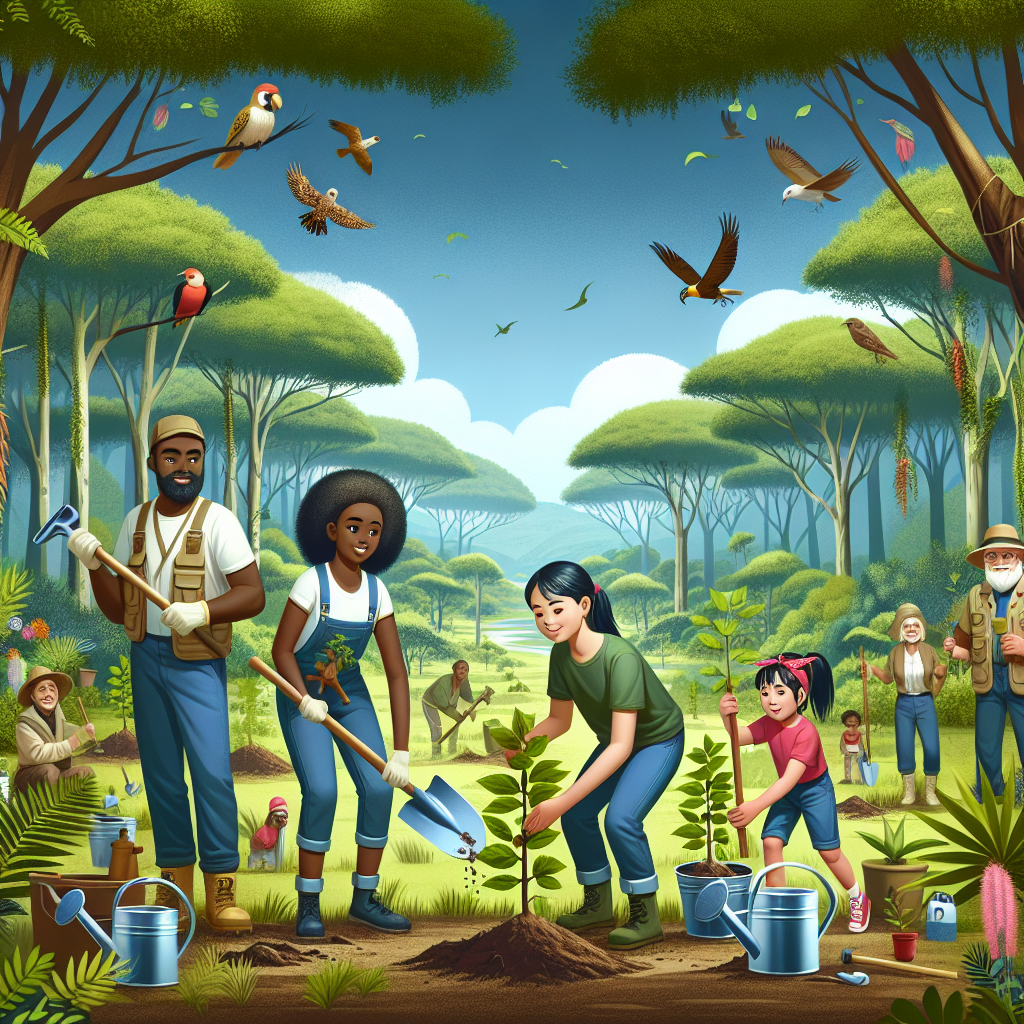The Department of Water and Sanitation, in collaboration with the South African National Biodiversity Institute (SANBI) and Nature Speaks, recently conducted the 6th Citizen Science awareness workshop in Tembisa, Gauteng. The event aimed to raise awareness about the impact of human activities on water resources and the environment, with a special focus on engaging local traditional healers.
Citizen Science is a collaborative approach that leverages the knowledge and participation of local communities in scientific research and environmental monitoring. This workshop, a key part of the Citizen Science initiative, sought to educate traditional healers on the importance of environmental conservation and sustainable water resource management.
Key Objectives and Activities:
The workshop provided traditional healers with training on identifying pollution sources within their local areas. Traditional healers, who frequently perform rituals and ceremonies in natural spaces such as rivers, are particularly vulnerable to the effects of pollution and environmental degradation. By equipping them with the tools and knowledge to investigate and address these environmental threats, the workshop aimed to empower them to protect their surroundings more effectively.
Noloyiso Mbiza, the national coordinator for Citizen Science and a traditional healer herself, emphasized the importance of the workshop in raising awareness about the impacts of human activities on the environment. She highlighted the role of traditional healers as custodians of traditional knowledge, stressing the need to integrate this knowledge with modern environmental conservation efforts.
"By involving traditional healers, who often interact closely with natural ecosystems, we aim to raise awareness about the impact of human activities on water resources and the environment," Mbiza said. "We also provide them with the tools to investigate pollution in their catchment areas, which is crucial since they spend about 95% of their time in these affected environments."
The workshop underscored the importance of partnerships in promoting environmental sustainability and community engagement. By bringing together government agencies, research institutions, and local community organizations, the event facilitated dialogue, knowledge exchange, and capacity building among traditional healers and environmental stakeholders.
Traditional healers who attended the workshop expressed their gratitude for the opportunity to learn and engage with government and environmental organizations. They highlighted the importance of inclusive and community-driven approaches to environmental awareness and conservation.
Building on the success of this workshop, the next Citizen Science awareness workshop is scheduled for 30 August 2024 in Tembisa. The event will be open to all local community members interested in learning more about citizen science, environmental conservation, and sustainable water management practices.











